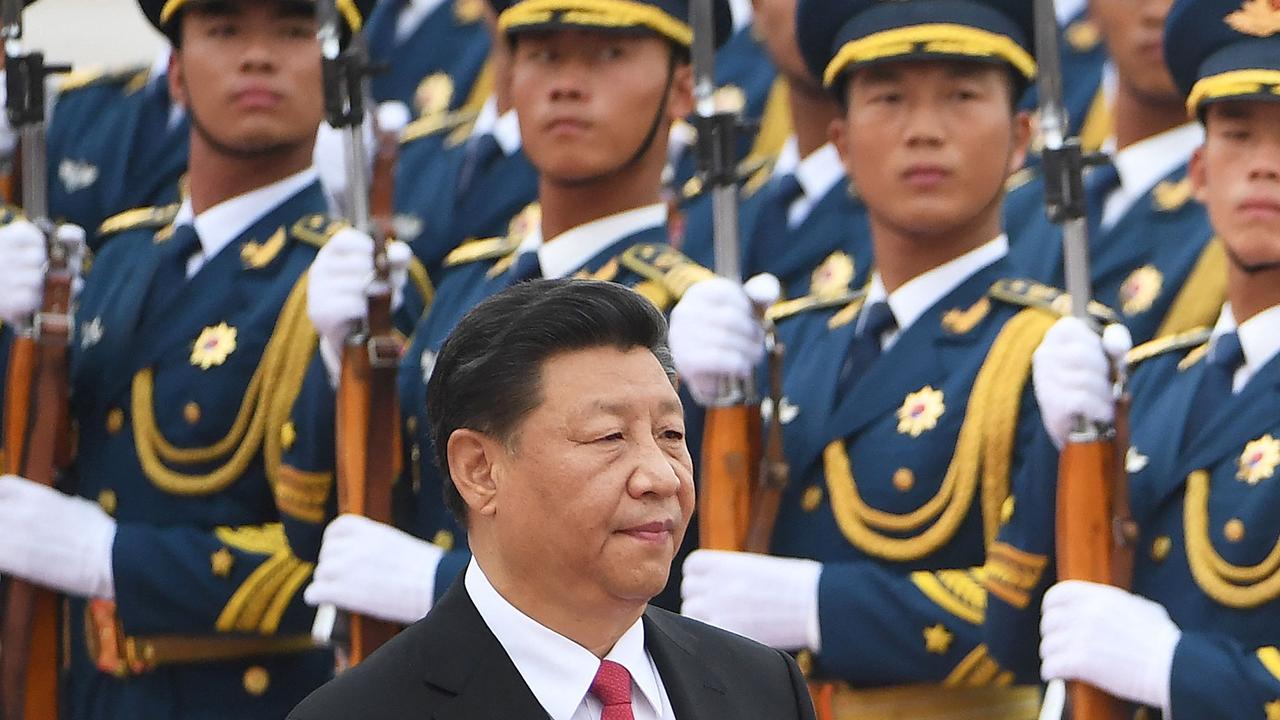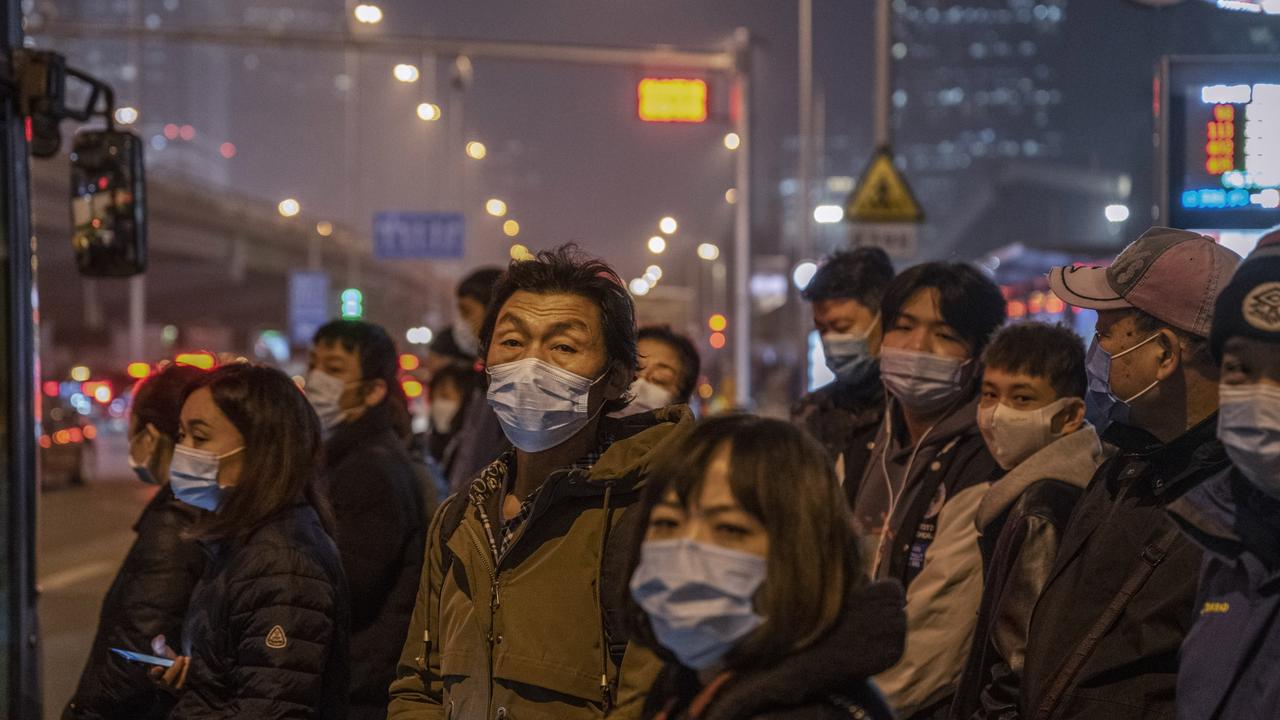Beijing’s aggressive Covid-zero plan under threat as cases climb for seven weeks
For months, Beijing has pursued an aggressive Covid-19 strategy – but for seven weeks now, that plan has been a dismal failure.
China’s ambitious plan to completely eliminate Covid within its borders is under increasing threat, with local cases detected for seven consecutive weeks.
In October, a massive, 5000-room Covid quarantine facility was opened in Guangzhou at a staggering cost of $361 million in order to house incoming travellers, revealing just how seriously the government was taking its zero-tolerance approach.
According to Yanzhong Huang, a senior fellow for global health at the Council on Foreign Relations, the facility was proof of China’s determination to eliminate the virus.
“This is not just a stopgap measure. [Leaders] hold the view that this pandemic is going to take a while to end, and China is going to continue this strict control of its borders,” he told CNN ahead of the opening.

“Facilities like this serve as a way to institutionalise the zero-tolerance strategy.”
In another example of how seriously China was taking the Delta threat, tens of thousands of visitors were last month locked in at Shanghai Disneyland and forced to undergo Covid testing after a positive Covid case emerged.
The nation has also carried out mass testing, imposed travel restrictions, sacked some officials who have failed to contain outbreaks in their areas and introduced new lockdowns in recent weeks, with workers mobilised to disinfect the homes of confirmed cases in some regions.
Unsurprisingly, that tough stance has been praised by Chinese state media, with a recent editorial published by Chinese Communist Party mouthpiece the Global Times celebrating the nation as “a true impregnable fortress against the spread of the virus in the world today”.
“Major Western countries have cut air links with countries such as South Africa, showing that these countries are frightened,” the piece reads.

“Establishing an immune shield based on the vaccine alone has actually proved to be a risky route, and can even be said to have failed to a large extent.
“China’s dynamic zero-case route has been criticised in the West in many ways. However, if the Omicron variant launches a new wave of attack, it is China that will be best able to block its invasion.”
However, China’s harsh measures haven’t been enough to stop transmission, with China recording at least one local case per day since October 17 – a period of more than seven weeks.
In the past week alone, cases have been found in at least four Chinese provinces and in the nation’s most populated cities, including Shanghai and Beijing.
While China’s cases are far lower than many other nations, and while there haven’t been any Covid deaths reported since early 2021, the stubborn outbreaks reveal a big flaw in the country’s zero-Covid strategy.
And while China hasn’t reported an Omicron case yet, the emergence of the mysterious new strain also threatens to scupper China’s zero-Covid plan as the Beijing Winter Olympics loom.
According to CNN, there may be a good reason for China sticking to its guns when it comes to its zero-tolerance approach, with a recent Peking University study finding it could face more than 630,000 cases per day if it scrapped travel restrictions, a scenario which would “almost certainly induce an unaffordable burden on the medical system”.

The report found that China should keep its controversial strategy until there were “more efficient vaccinations or more specific treatment, preferably the combination of both”.
And for now, the population seems to be accepting of the measures, despite the fact that China is now one of the few countries on Earth still committed to eliminating the virus altogether, rather than learning to live with it.
But with an influx of thousands of international travellers headed for Beijing within weeks for the Olympics, it seems more and more likely China’s zero-Covid plan is on borrowed time.






